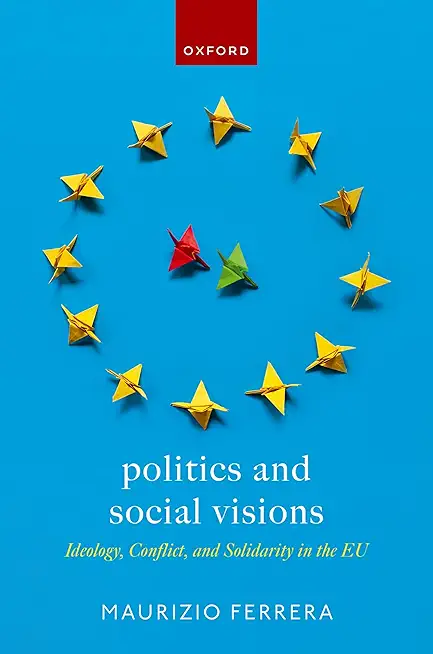
Ferrera, Maurizio
product information
description
he 'civil war' of ideas that broke out during the early 2010s about the purpose and even the desirability of the European Union as a polity, with a number of right-wing populist formations openly advocating for exiting the Union. The sovereign debt crisis triggered a spiral of ideological decommunalization: national leaders seemed to have lost that sense of 'togetherness' and mutual bonds that had been laboriously developed over decades of integration. Politics and Social Visions explores this politically disruptive process from an ideational perspective, on the assumption that symbols and visions play a crucial role. In processes of polity formation, ideologies offer competing partisan views, but tend to converge along the 'communal' dimension, which defines the nature and boundaries of the emerging polity. This convergence has been a challenge for the EU since its origins, as it has required the construction of a coherent and acceptable image of Europe as a compound polity of nation-states with a divisive past. Maurizio Ferrera offers a reconstruction of how the main ideological currents have struggled - and often failed - to reconfigure their horizontal profiles (i.e. their images of the national within Europe) into a new vertical profile (i.e. an image of the European within the national). The challenge has been especially demanding for European left-wing parties, which have been largely unable to forge a shared and recognizable 'social vision' of the European Union. Only during the COVID pandemic have the seeds of a novel communal consensus emerged that might prove capable of defeating the anti-communal views of Eurosceptic ideologies and free market technocrats.
member goods
No member items were found under this heading.
listens & views

CHRISTMAS CAROLS FROM HEREFORD CATHEDRAL
by HEREFORD CATHEDRAL CHOIR / MASSEY
COMPACT DISCout of stock
$11.49
Return Policy
All sales are final
Shipping
No special shipping considerations available.
Shipping fees determined at checkout.






